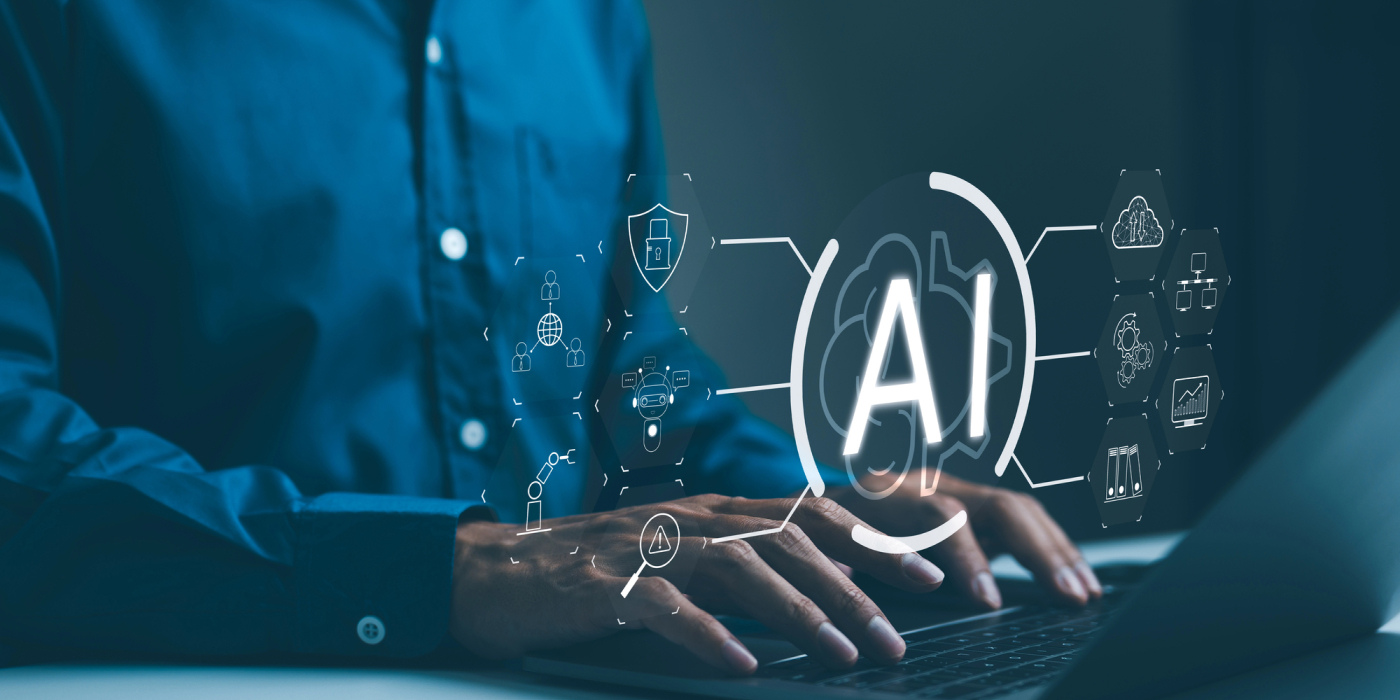How AI is Transforming the CPG Industry
Artificial intelligence is becoming one of the most powerful technologies transforming the consumer packaged goods industry. From optimizing supply chains to creating personalized marketing campaigns, companies are turning to AI to help them understand consumers better, streamline operations, and innovate faster than ever. From the way products are developed to how they are stocked on shelves and marketed to shoppers, AI is reshaping every corner of the CPG value chain.
Here’s a look at how AI is reshaping the CPG industry, helping companies operate more efficiently while creating better shopping experiences for customers.
Smarter Product Development
Traditionally, launching a new product in the CPG space has been risky, expensive, and slow. AI is helping companies reduce this risk by analyzing massive amounts of consumer data to identify emerging preferences and unmet needs. By scanning consumer feedback, social media conversations, and sales data, AI can identify trends and pinpoint what flavors, ingredients, or product formats are gaining traction. This allows brands to bring innovative products to market faster, staying ahead of their competition.
Kellanova is using artificial intelligence to tackle operational and consumer challenges. Among other things, Kellanova uses AI to identify which ingredients can be substituted if particular raw materials become unavailable. Kellanova’s food scientists use AI company Tastewise to expand the company’s abilities. Tastewise analyzes billions of data points, such as social media interactions, home recipes and restaurant menus to forecast which trends are gaining traction in the food industry. The platform includes a chatbot, which allows users to pose queries to specific questions. This process allows companies to quickly predict what consumers will demand.

Personalized Marketing and Engagement
AI helps brands create targeted campaigns that reach the right consumer with the right message at the right time. Instead of sending generic promotions, AI tools can analyze purchase history, browsing behavior, and location to suggest products that are most relevant to each shopper. For instance, a customer who buys protein bars every month might receive a personalized discount when a new flavor launches. This not only boosts sales but also builds loyalty by making consumers feel understood.
Using advanced data analytics, businesses can segment audiences more precisely and deliver marketing messages that resonate with individual lifestyles and preferences. Generative AI is being used to create advertisements, visuals, and video content personalized to different audience segments. AI-driven platforms continuously analyze which messages resonate, then automatically adjust targeting and budget allocations. This shift toward personalization allows CPG brands to build deeper connections with consumers while maximizing return on marketing spend.
Enhanced Customer Support and Task Automation
CPG businesses continue to invest in agentic AI, which is engineered to handle complex, end-to-end tasks independently without human prompts or involvement. By the end of 2026, 40% of enterprise applications will incorporate task-specific AI agents, up from less than 5% today, according to Gartner. By the end of 2025, nearly all enterprise apps will have embedded AI assistants. AI assistants will help move toward agentic AI by making tasks and interactions easier for users, but they do not operate independently like agents and depend on human input.
PepsiCo is implementing AI agents within its customer support and business operations. The company has expanded its partnership with Salesforce to deploy its digital labor platform Agentforce, where AI agents handle routine, repeatable tasks, enabling employees to focus on strategic work that drives business growth. The initiative will help PepsiCo build a unified, digital-first experience across go-to-market and B2B operations, providing deeper consumer insights for targeted marketing, improved inventory transparency resulting in stronger in-store execution, and faster and more responsive customer service.

Efficient Supply Chains
Behind every product on a store shelf is a complex supply chain including factories, trucks, warehouses, and countless people working to move goods from point A to point B. AI helps companies track and optimize this entire process in real time. By predicting delays or suggesting more fuel-efficient delivery methods, AI makes supply chains faster, cheaper, and greener. With global disruptions, labor shortages, and rising costs, efficiency is more important than ever. By analyzing data, such as past sales and seasonal demand, AI-powered forecasting tools can help companies stock just the right amount of product at the right time. This reduces waste, cuts costs, and ensures consumers can find what they need when they need it.
From smarter supply chains and product innovation to personalized marketing and faster customer support, AI is reshaping how CPG companies compete and connect with consumers. Businesses that embrace AI will not only gain efficiency but also build stronger, more resilient brands that can adapt quickly in the increasingly unpredictable marketplace.
For more information about how our delivery management solution can help you manage your delivery operations more efficiently, please contact info@www.bringoz.com.
